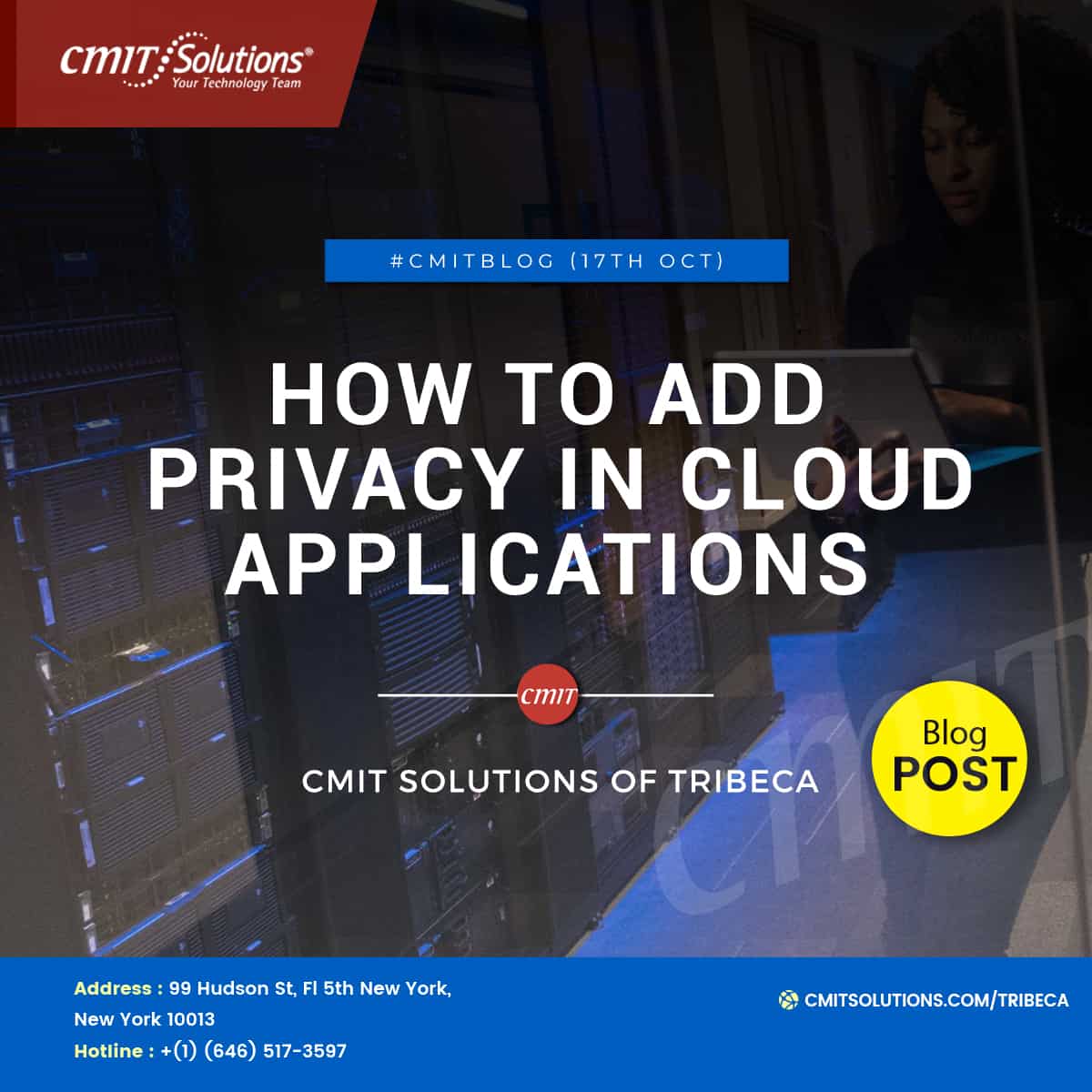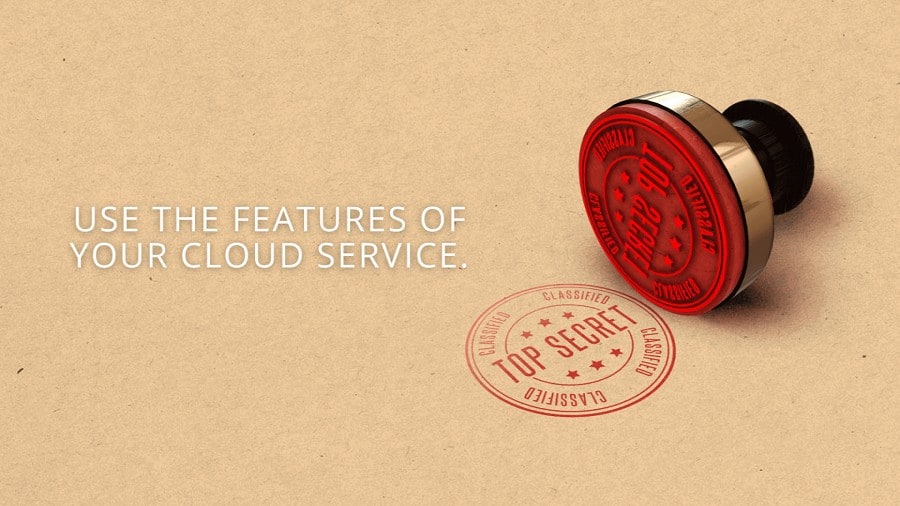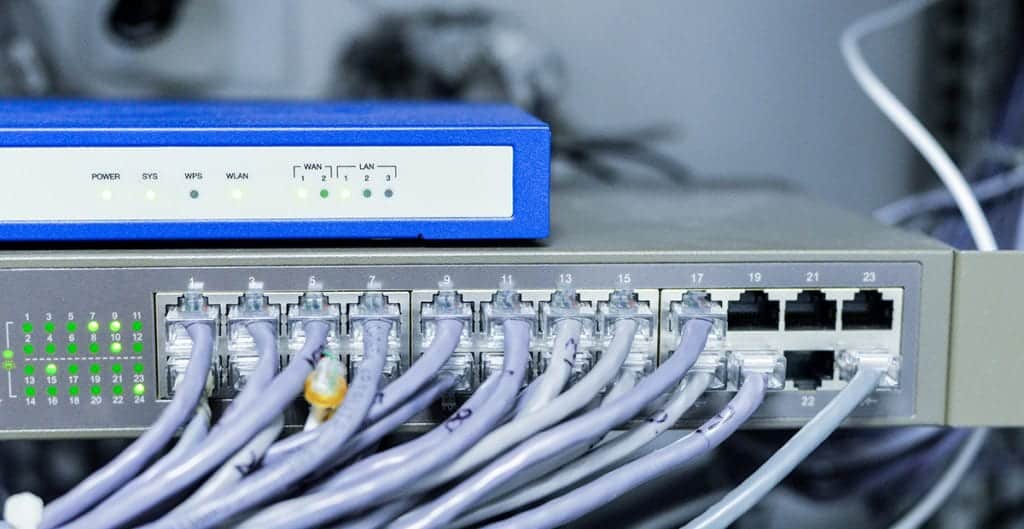Privacy is like a buzzword that everyone wants to discuss but talk about actually adding privacy to the application; it becomes absolute nuance. Earlier, the assumption was that privacy and technology are like binary, either it is one or zero, either you can have it all, including emails, online shopping, and AI, or you can live in the woods off the grid. Now, we have understood that it is more like a spectrum with a range of privacy levels, which honestly is a blessing.
The field has witnessed a lot of developments in the privacy and safety sector. With the right approaches and strategies, one can protect their data online. Privacy increasing technologies grant you control over how much privacy to support and how much to control to preserve functionality while keeping personal data safe. These technologies limit the data storage suitable for businesses to deliver products simultaneously, avoiding a few of the common dangers to the data like a hacker trying to get access. Technology has its limits. Such approaches and strategies will work against the most general attacks- but they may start to crumble if the hacker is better equipped or the attacks are better targeted.
The basic protection technologies may not be able to provide perfect security, but they also don’t do any harm or add any extra load to the system. Factually, perfect security is out of the question, but that should not stop one from adding the basic protections to the system. The level of security applied is generally proportional to the encryption calculations a system does. By adding some simple solutions, you can protect your and company’s data against some of the harsh attacks that can happen with the new cloud services.
Use the features of your Cloud Service.
The question around the privacy and the public’s fear of technology is not new. The cloud service providers are aware that users are not utterly comfortable with security. So, to gain the public’s trust back, they have added some safety features that help you lock up your data easily. The three major cloud systems: Amazon, Google Cloud, and Microsoft Azure- have their security tools to tackle different security concerns. Amazon alone offers more than two dozen products that add to the security. By understanding, all of these products and the features your cloud system provides may take time and effort, but it’s the best you can do to secure your cloud.
Although there are several other strategies you can adopt to take it a little further but getting familiar with the program you are using is the first step. Some cloud companies also provide dedicated hardware, meaning local servers for your company. If your company’s data load is extra and you want to add an extra level of safety, this is worth the work. This way, you will be taking complete control of your computer and cloud system, which is more expensive than sharing, but it for sure rules out many cyber-attacks.




